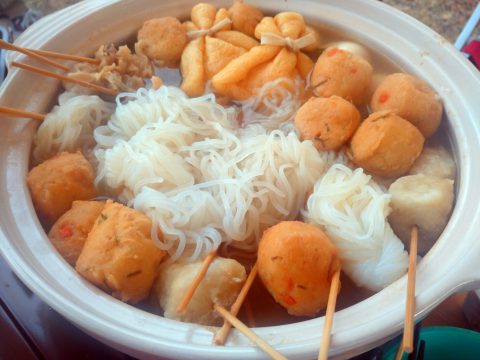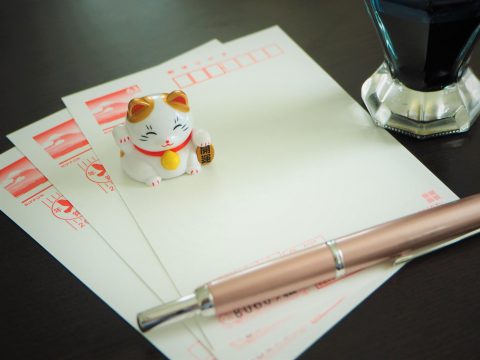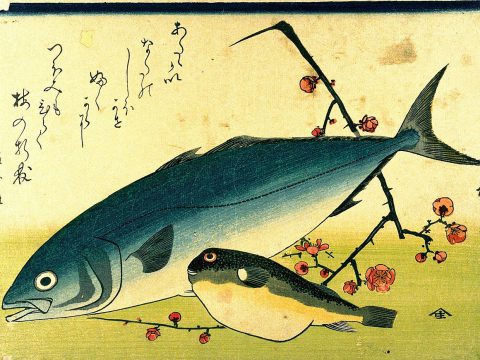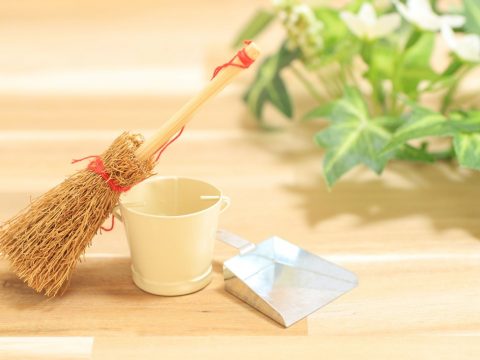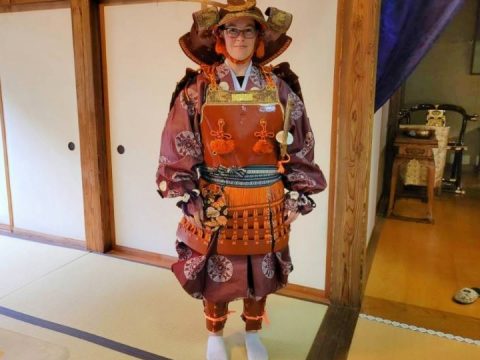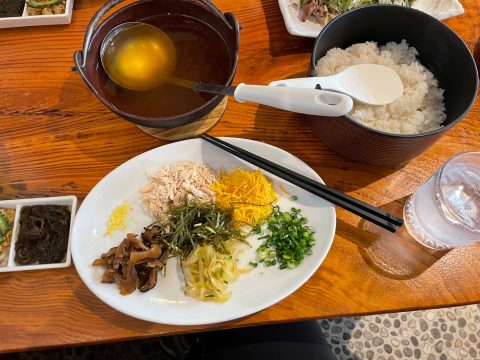Golden Week/Silver Week
WORK’IN JAPAN
13.09.2022
Are you planning to take an extended holiday? Take advantage of the collection of holidays in April/May and mid-September. Check the corresponding dates for Golden Week (ゴールデンウィーク) and Silver Week (シルバーウィーク), and get planning on your next vacation!

What is Golden Week
Golden Week is a group of four national holidays from late April to early May. It also kicks off the travel season that continues until the summer and is one of the busiest holiday seasons after the Japanese New Year and Obon. Depending on the year and how the weekends align, it could be one consecutive long holiday or broken up into two shorter chunks.
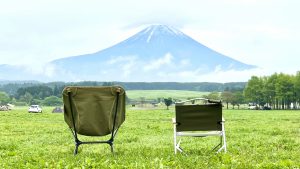
It’s also known as Ōgon Shūkan (黄金週間, “golden week”) and Ōgata Renkyū (大型連休 “large-scale long holiday).
The national holidays during Golden Week are
April 29 – “Showa Day” (Showa no hi 昭和の日)
It was first celebrated in 2007 in honor of the late Emperor Showa’s birthday, who reigned from 1926 to 1989.
May 3rd – “Constitution Day” (Kenpo kinenbi 憲法記念日)
The day marks the ratification of the new postwar constitution on this day in 1947.
May 4 – Greenery Day (Midori no hi みどりの日)
Greenery Day was originally celebrated on April 29 until 2006. The day is dedicated to promoting the emperor’s appreciation of nature. Before being declared Greenery Day, May 4 was another national holiday without a designation.
May 5 – Children’s Day (Kodomo no hi こどもの日)
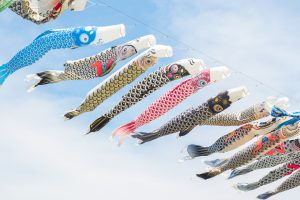
The Boy’s Festival (Tango no Sekku) is celebrated on this day. Families pray for their son’s health and future success by hanging carp streamers outdoors and displaying samurai dolls in their homes, symbolizing strength, power, and success in life.
What is Silver Week
 Golden Week is a group of three national holidays in mid-September. Unlike Golden Week, the days in Silver Week do not always line up favorably as consecutive holidays.
Golden Week is a group of three national holidays in mid-September. Unlike Golden Week, the days in Silver Week do not always line up favorably as consecutive holidays. Third Monday of September – Respect for the Aged Day (Keiro no hi 敬老の日)
A day to celebrate the elderly. It was implemented in 1966. Families return home to pay their respect to their elderly relatives or volunteer at retirement homes. It is an increasingly important holiday in Japan with the aging population. As of 2018, more than one in four Japanese people is over 65.
Astronomically determined by year – Autumnal Equinox Day (Shūbun no hi 秋分の日)
It usually falls on September 22nd or 23rd. Many visit their family graves and eat wagashi (traditional Japanese confectionery) called ohagi, glutinous rice cakes wrapped in red bean paste.
The day in between the two other holidays – The Citizens’ Holiday (Kokumin no kyūjitsu 国民の休日)
According to the Japanese Public Holiday Law of 1948, any business day that falls between two national holidays will also become a holiday. So the Citizens’ Holiday does not take place every year if the holidays are not consecutive.

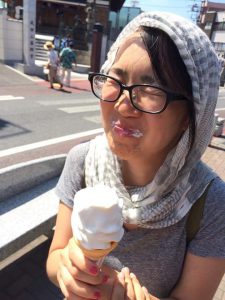
Kayoko Hirata Paku
Kayoko Hirata Paku is a food writer, translator, and bagel person. Growing up in Japan and the U.S., she currently resides in Tokyo with her peanut butter addicted husband, a very hungry baby, and many half-dead plants.
Read previous articles by the writer
Read latest articles
KEYWORDS
- # PICKPICK
- # Resume
- # alcohol
- # Rice
- # Soup
- # winter food
- # Fast Food
- # seafood
- # spicy foods
- # raw food
- # fermented food
- # Transportation
- # MEAT
- # Edo culture
- # suits
- # clothing
- # drink
- # fish
- # seasoning
- # Japanese New Years Foods
- # Toshikoshi soba
- # Osechi Ryori
- # Ozoni
- # Christmas
- # Japanese fusion pasta
- # Wafu Pasta
- # Japanese Hot Pot
- # なべ
- # 鍋
- # Miyazaki
- # Chicken Nanban
- # Karamen
- # Autumn Wagashi
- # Mushi-yokan
- # Imo-yokan
- # Japanese Autumn Fruits
- # Autumn
- # Vending Machine
- # fall
- # dango
- # Chestnut rice
- # saury
- # Mushroom
- # Rice vinegar
- # Japanese condiments
- # 調味料
- # Sake
- # Mirin
- # Soy sauce
- # Japanese Noodles
- # Udon
- # Ramen
- # Yakisoba
- # Soba
- # Japanese Seaweed
- # 海藻
- # かいそう
- # Payslip
- # Training
- # Japanese summer foods
- # 和菓子
- # Wagashi
- # ryokucha
- # 夏
- # 飲み物
- # Ramune
- # ラムネ
- # Pokari Sweat
- # ポカリスエット
- # Calpis
- # カルピス
- # Mugicha
- # ume
- # 梅
- # うめ
- # umeshu
- # job hunting
- # tofu
- # Recruitment in Japan
- # miso
- # Japanese cuisine
- # Yellowtail and bonito
- # Children’s Day
- # Kashiwa Mochi
- # Chimaki
- # fruits
- # Kusamochi
- # Types of Agriculture in Japan
- # bread
- # パン
- # パン屋さん
- # japanese bread
- # shokupan
- # meal blead
- # anko bread
- # 桜
- # さくら
- # cherry blossom
- # visa
- # hanami
- # omotenashi
- # sakura
- # おもてなし
- # Japanese hospitality
- # oshibori
- # wet hand towel
- # hand towel
- # restaurant
- # Commuting in Japan
- # Women-only cars
- # Exit gate
- # japanese train
- # train
- # valentine
- # Japanese sweets
- # 朝食
- # Japanese Breakfast
- # Breakfast
- # Japanese
- # 日本
- # healthy
- # persimmons
- # hoshigaki
- # HR
- # work in Japan
- # jinji ido
- # corporate systems
- # Japanese work culture
- # bento
- # ekiben
- # shinkansen
- # omiyage
- # train station
- # Japanese culture
- # work culture
- # mentaiko
- # umeboshi
- # Japanese snacks
- # potato chips
- # Japanese potato chips
- # Japanese writing
- # seaweed
- # konbu
- # ocean foods
- # shio konbu
- # dashi
- # miso soup
- # food processing
- # pear
- # nashi
- # sweet potato
- # japanese sweet potato
- # stingray
- # satsuma imo
- # food value chain
- # homecooking
- # agriculture
- # Japanese homecooking
- # farming
- # nikujaga
- # shojin ryori
- # meat and potatoes
- # traditional foods
- # comfort food
- # buddhist food
- # manufacturing
- # factory
- # eihire
- # vegetarian
- # food and beverage
- # izakaya
- # yatai
- # japanese festival
- # taiyaki
- # matsuri
- # summer
- # Ikayaki
- # smart agriculture
- # shaved ice
- # kakigori
- # かき氷
- # summer dessert
- # Japan
- # Japanese foods
- # dessert
- # fruit
- # matcha
- # icecream
- # Pikcup
- # Pikc up
- # Pcikup
- # skilled labor visa
- # working visa japan
- # Dineer Table in Japan
- # Japanese manner
- # Japanese food
- # Japanese Table Manner
- # Chopsticks
- # Japanese traffic signs
- # traffic information
- # road rules in Japan
- # chocolate
- # green tea
- # Osaka
- # Work Japan
- # Japanese company
- # ikura
- # sushi
- # nigiri
- # wasabi
- # PCIK
- # PICK UP
- # PICK
- # PICKUP


